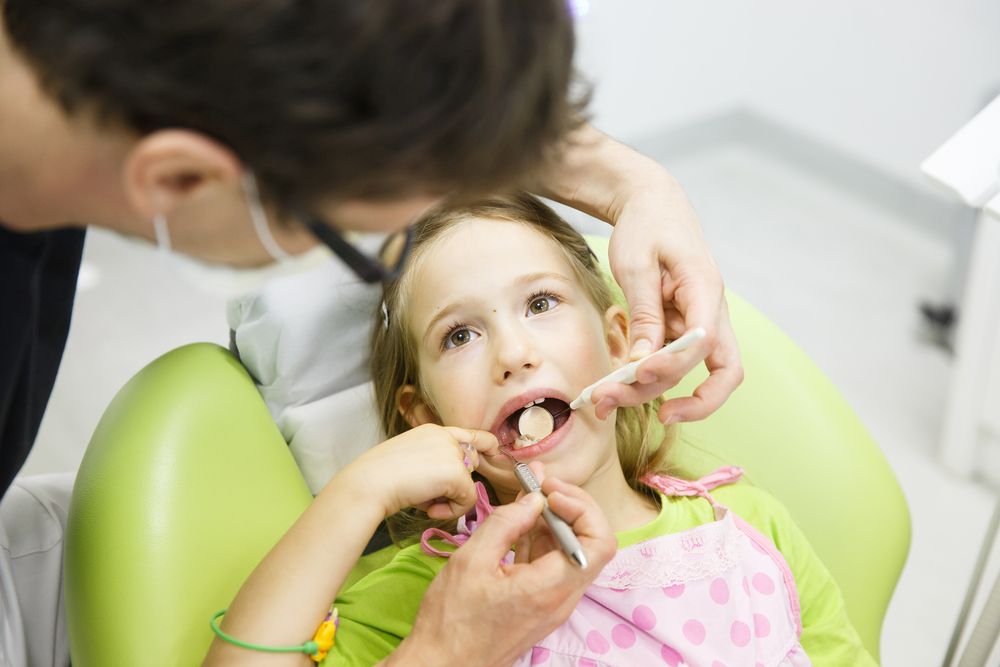Tooth Decay

While tooth decay is a common problem in all ages, research has shown that it is particularly prevalent in children of all ages. More and more children are beginning to get cavities at young ages, which has led to a rising belief that children should have their first dental visit by the age of 1. Infants at the age of 12 months may not have a great many teeth, but establishing a routine of dental care at this young age ensures that tooth decay can be monitored and prevented. Why is this so important?
Tooth Decay:
- Occurs 4 times as often as asthma
- Occurs 20 times as often as diabetes
- Is 5 times more prevalent than childhood obesity
Why Should My Child Follow A Routine Dental Visit Schedule?
Dental visits play an important role in preventing childhood tooth decay by eliminating debris that can accumulate on their teeth, irritating their gums and attacking young teeth. It also allows the dentist to monitor the development of your child’s teeth, catching orthodontic issues early enough to offset them with proper treatment.
A recent study has shown a disturbing trend, young children are not being held to a steady routine of dental visits, impacting the prevalence of dental issues in children. 56% of children and adolescents have not had a routine dental visit in the past year, according to a report published by the CDC, while the American Academy of Pediatric Dentistry states that children need at least two dental visits a year.
But I Only Saw My Dentist Once A Year, Why Does My Child Need To Go Twice?
Honestly, even adults should be seeing the dentist twice a year, but most of us grew up only visiting the dentist once a year. Given the rising tide of childhood tooth decay, it just makes sense to be ever more vigilant with your child’s dental care. According to the National Institute of Dental and Craniofacial Research, children have been experiencing:
- Cavities between the ages of 2 and 11 in 42% of baby teeth
- Cavities in permanent teeth at a rate of 21% in ages 6 to 11
Almost all of these cavities would have been prevented by proper oral care and regular visits to the dentist. In addition, these visits allow the dentist to educate the parents on potential risks to their children, including the introduction of cavity-causing bacteria to their children’s mouths by sharing eating and drinking utensils.
Don’t let your children get a start in life with poor oral health and cavities, get them to the dentist as soon as possible and establish a regular and ongoing tradition of proper dental hygiene. By doing so you’ll be sparing your child from painful cavities, impaired overall health, and a smile impacted by the ravages of tooth decay. Call your dentist today to schedule an appointment and begin your child’s life-long journey of good dental hygiene.

